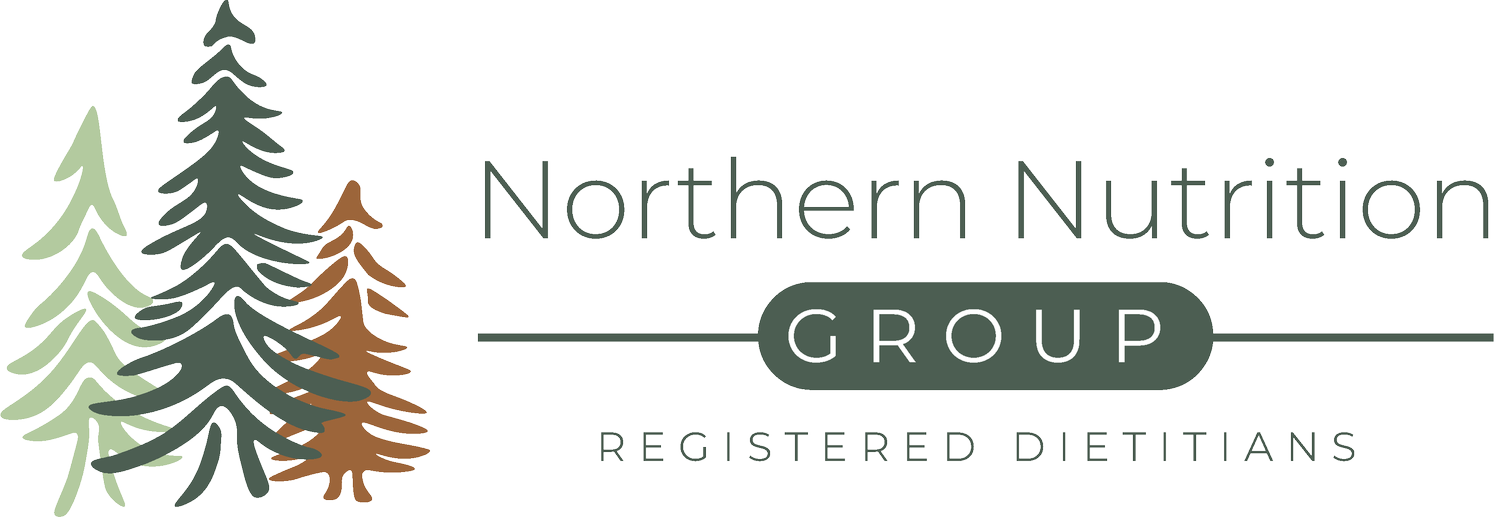What Does “Healthy” Really Mean?
As a dietitian, one of the biggest hurdles I face is dismantling the social definition of “healthy.” In casual conversation, people proudly tell me they eat “clean,” high-protein, low-carb, unprocessed foods made from scratch.
But the reality? This rigid, trendy view of health can lead to undernourishment, fatigue, and confusing symptoms. Many people are genuinely surprised when I don’t praise their carb-free lifestyle or celebrate their keto, Whole30, or carnivore efforts.
And sometimes, this creates awkward moments. Like the time I was on a date and the guy kept going on and on about how “healthy” he was, listing all the foods he avoids, and how carbs are bad and clean eating saaaved his life.
I must have looked bored, with my deadpan expression and silence, because mid-rant he suddenly asked,
“What’s your favorite vegetable?”
(My politeness had officially left the room.)
I flatly said, “Potato.”
He scoffed, “That’s not a vegetable.”
I replied without blinking. “It is. A root vegetable.”
Then we just… sat… there.
Thankfully, the waitress suddenly appeared. I paid for my drink and left. No second date.
______________________________________________________________________________
Healthy isn’t about deprivation or finding the right way to manipulate the body to look lean. It’s about nourishing your body in a way that actually supports your health, which rarely aligns with diet trends.
It’s common for people to say in the beginning of an appointment, “I know what to do, I just can’t do it.” But after a full nutrition assessment, it becomes clear they actually know “just enough to be dangerous.” They’re following diet culture’s version of “healthy,” and their body is pushing back, not because they lack willpower, but because it's not being adequately nourished and it’s trying to get their attention.
Today, we’re seeing a surge in nutrition-related health issues: hormonal imbalances, digestive disorders, PCOS, fertility struggles, autoimmune flare-ups, obesity and diabetes. These conditions can be connected to chronic under-eating, micronutrient deficiencies, and unbalanced macronutrient intake. Yes, I’ll say it again. Obesity and diabetes can develop from chronic under-eating.
When someone begins eating in a way that truly supports their biological needs, it’s not uncommon for mysterious symptoms to fade, energy to improve, blood sugar to stabilize, and in some cases, fertility challenges to shift. Nutrition isn’t magic, and it’s not the only answer, but working with a trained, credentialed dietitian can be a powerful, non-invasive step toward addressing persistent health concerns. At the very least, it can help rule out nutrition as a contributing factor so your energy and attention can be more focused in the right direction.
If you feel like you’re constantly tweaking your diet but still not seeing meaningful improvement, and your nutrition plan is based on advice from social media, uncredentialed influencers, or even well-meaning caregivers or providers without formal education and training, you may not be getting the guidance your body truly needs. Supporting your health means understanding your actual nutritional needs, not just following trends or assumptions. That kind of clarity can be found at Northern Nutrition Group, where we help you understand your needs and build a plan that supports you.
Written by Kim Johnson, RD, LN | Owner
Kim specializes in: Eating disorders, disordered eating patterns, IBS, nutrition management for neurodivergent individuals - ADD/ADHD and autism spectrum disorder, weight concerns and supporting those ready to move past chronic dieting.
